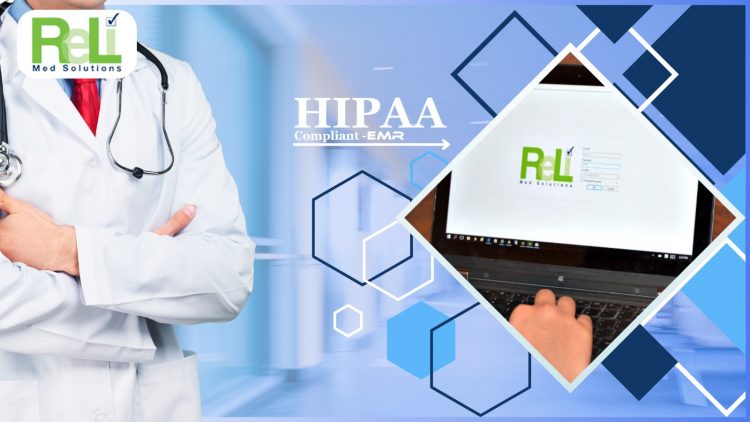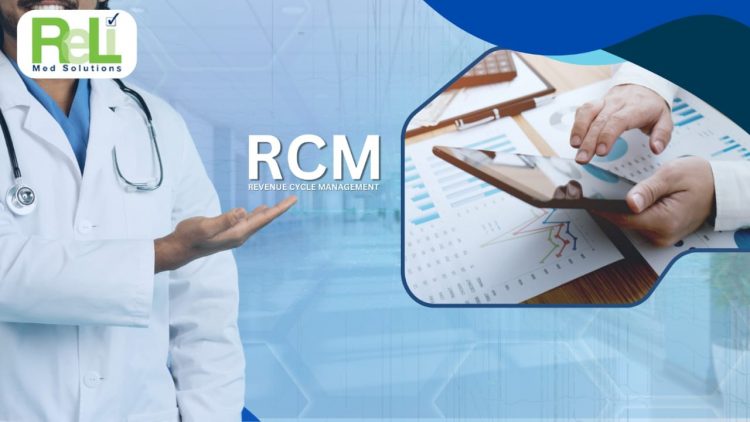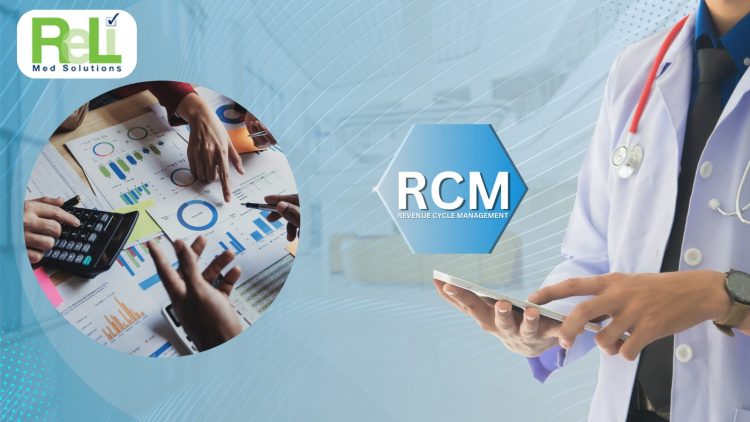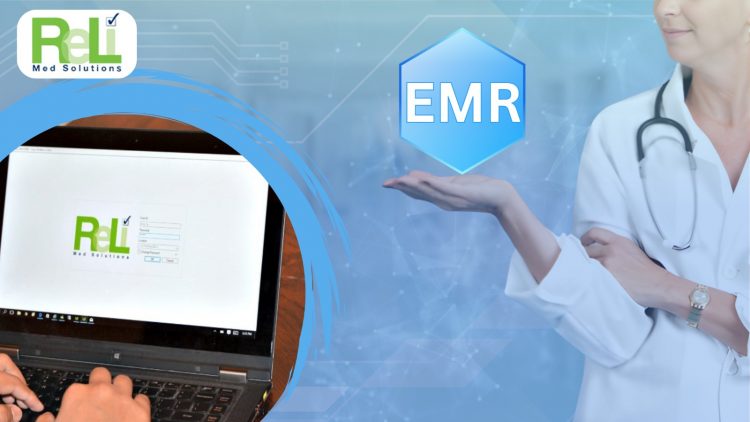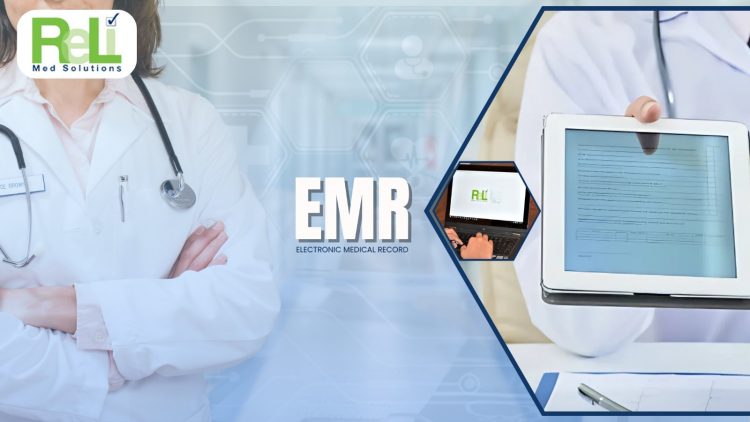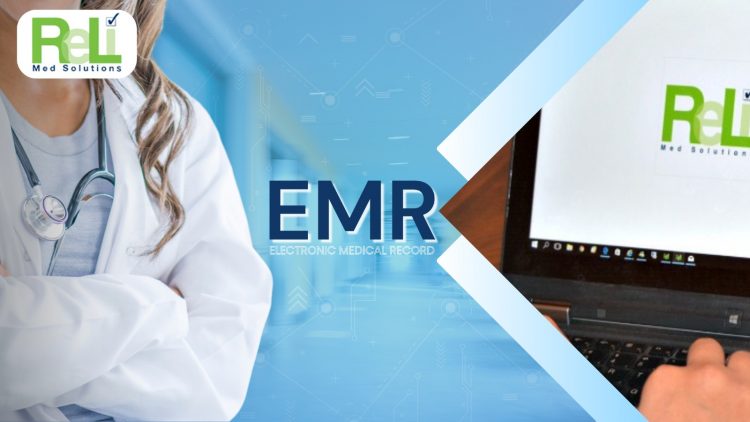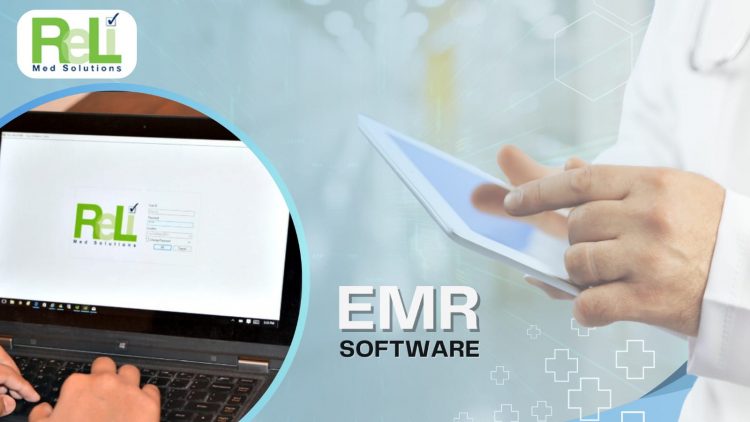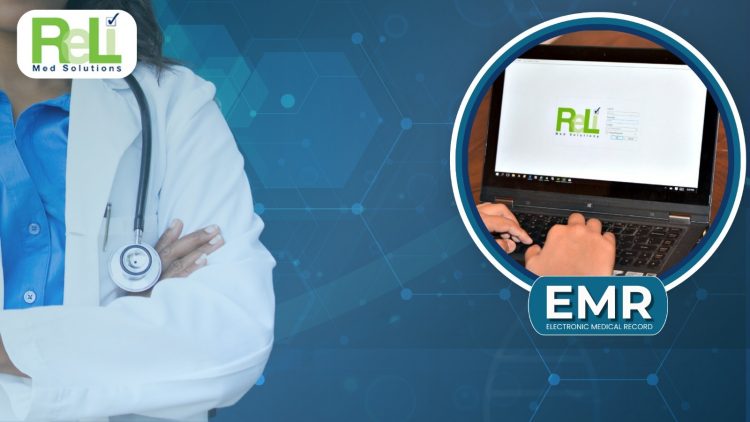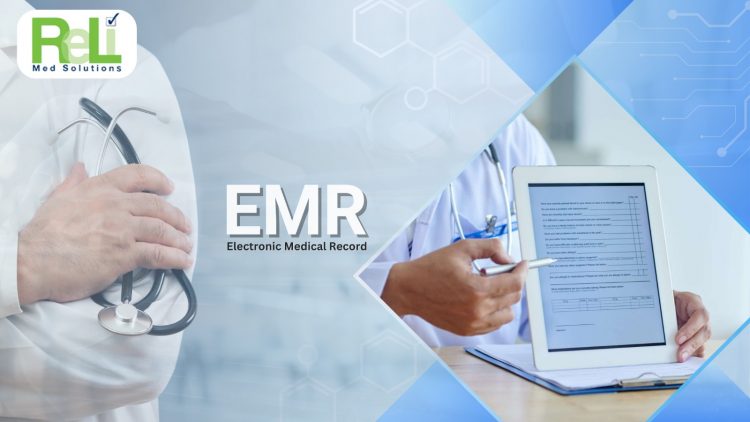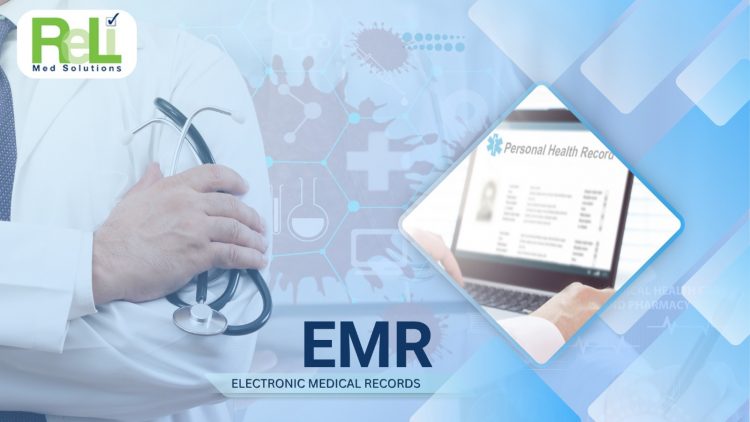How to Select the Best HIPAA-Compliant EMR Software for Your Small Practice?
In health care, keeping the patient data safe is very important, but the rules can be confusing. For small medical offices, picking HIPAA-Compliant EMR software is not just about following the law; it also helps build trust with patients. If your office doesn’t use EMR that meets HIPAA standards, you might get fined and lose patient trust. That’s why it’s important to find HIPAA-Compliant EMR software that is secure and easy to use. This helps you provide good care without worrying about legal problems or losing patients’ confidence.
Why Small Practices Need HIPAA-Compliant EMR Software?
Small practices may have fewer patients than big hospitals, but keeping data safe is very important. Using EMR software that follows HIPAA rules helps stop data breaches, protects patient information, and avoids expensive fines. Even small problems can lead to large penalties, so good security is necessary. A secure EMR system lets you focus on taking care of your patients while meeting legal needs. Don’t think that small practices don’t need strong support it’s crucial for building trust and keeping your practice running easily and safely.
How to Select the Best HIPAA-Compliant EMR Software?
1- Security Features: Choose software that keeps your medical records safe. It should have strong security, like secret codes to protect data and safe login options. This helps keep EHR private.
2- Usability: The software should be easy to use. If it’s too difficult, it can slow down your team. Simple software helps everyone work faster with medical records and EHR.
3- Customer Support: Good customer support is very important. Pick a company that helps you when you have questions or problems. If something goes wrong with the EHR software or medical records, you want quick assistance.
4- Integration Capabilities: The EHR software should work well with other tools you already use, like billing and scheduling systems. This makes it easier to manage medical records and saves time.
5- Compliance Updates: Make sure the software gets regular updates to follow the latest health rules. A reliable company will keep the EHR software updated, so your practice stays legal and follows rules about medical records.
Choosing Between Cloud-Based and In-House EMR Solutions
When picking HIPAA-Compliant EMR software, you can choose between cloud-based or in-house options. Cloud-based systems are usually lower and good for small practices with little IT help. If you want to control your data more, an in-house system might be better. However, in-house systems need more money for servers and upkeep, which can raise costs. Think about your budget and the tech support you have to help you choose which option is best for you.
Why User-Friendly Interfaces Matter for Small Practices?
Choosing the right EMR software for small practice can make daily tasks much easier. When the software is simple to use, your team can learn it quickly and make less mistakes. If the EMR software is too hard, it can slow down work and reduce efficiency. Small practices often face shortage of staffs, so clear software helps everything run smoothly and lowers stress. This allows your team to focus more on caring for patients, improving your practice’s overall efficiency and RCM.
ReLi Med Solutions is your trusted partner
ReLi Med Solutions offers EMR Software for Small Practice that keeps patient information safe by following HIPAA rules. This software is easy to use, helping your team manage medical records quickly. This lets you focus on caring for your patients instead of worrying about data security. With strong safety features and helpful support, ReLi Med Solutions is a great choice for small practices that need reliable EMR software. Their simple system makes it easier for you to do your work and provide the best care to your patients while keeping their data private.

